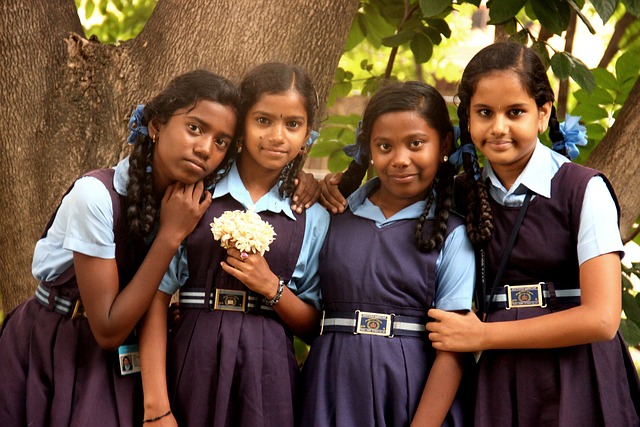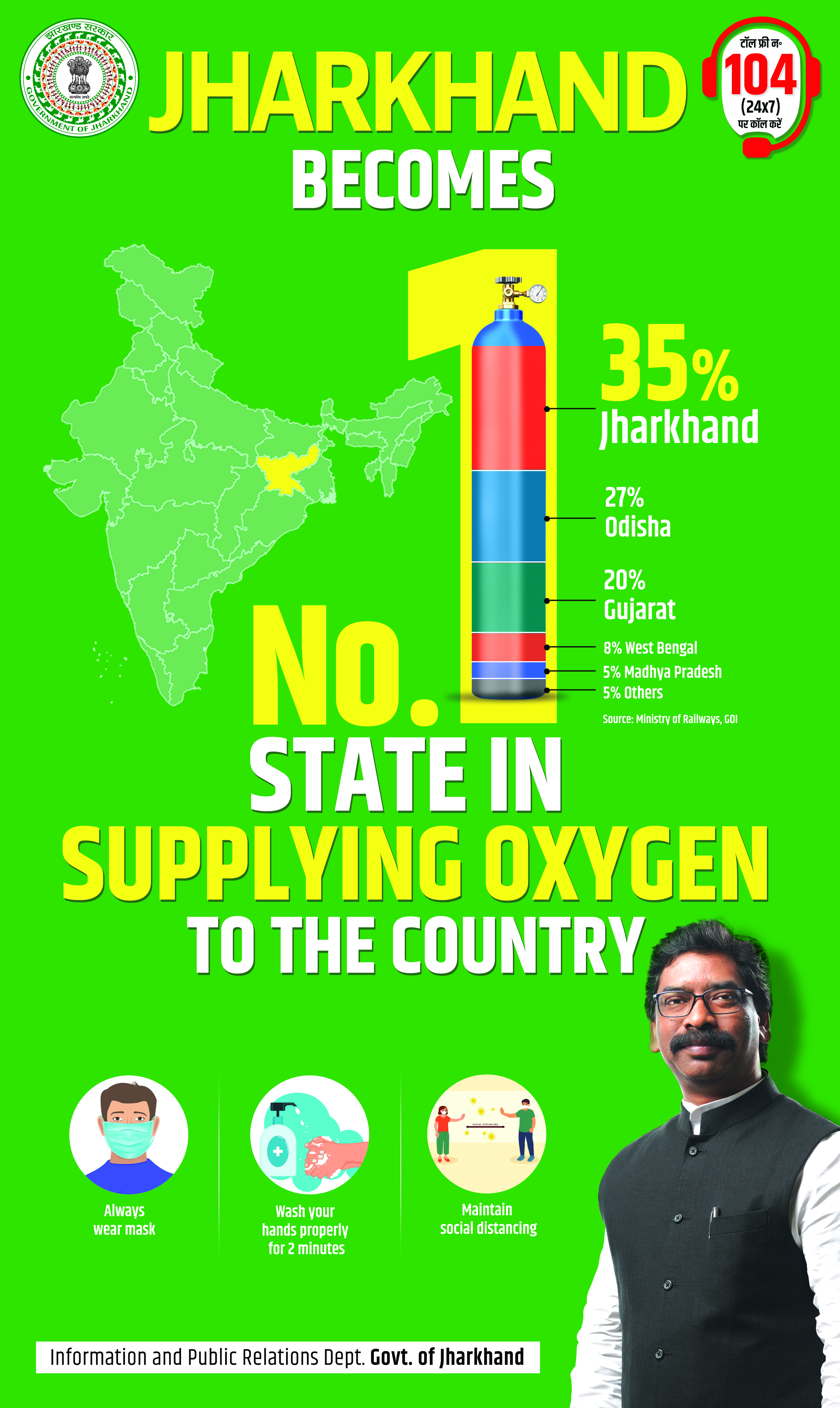
Representational Pic. Photo credit pixabay.com
Intro: This Menstrual Hygiene Management Day, let’s take a pledge to break our silence about menstruation because as normal as it is,menstruation is still stigmatized around the world.
By Dr. Kaninika Mitra and Laxmi Saxena
I recently met a group of very strong women who are leading the way in breaking the stigma attached to Menstruation. These women in Jharkhand are spreading awareness in their communities about menstrual hygiene management and how it’s a normal process which means there is no need to feel stigmatized, or awkward and speak about it openly. I was also very pleasantly happy that many of the stakeholders that UNICEF works with are open in addressing menstrual hygiene and normalizing it in the public by speaking about it more.
Jharkhand’s stride towards safe menstruation of girls and women has been commendable as it is leaving no one behind. Right from drinking water, sanitation facilities, to waste management or hygiene promotion and education, every effort is being made to persistently bring girls and women out and engage in solutions that are demand driven and sustainable.
Every month, 1.8 billion women and girls across the world menstruate according to World Bank. Despite it being a vital part of our life, health, and well-being, it is the least spoken about. Even today, women, adolescent girls and transgenders are deprived of menstrual products, clean water, personal hygiene facilities, lack of toilet facilities and services, proper disposal system and lack of sexual and reproductive health education. These pose challenges for all women, adolescent girls and transgenders. These challenges become more complex and concentrated in remote rural communities, determined by their socio-economic status, compounded by pre-existing inequalities.
Therefore, it is necessary to have equal opportunities to choose clean and hygienic menstrual products, failing which women and girls tend to adopt unhygienic practices which adversely affect their health. Unfortunately, many women around the world do not have a choice when it comes to menstrual products. In addition, the product choice is dependent on many factors - some are driven by family, social and economic context or governed by range of other factors like availability, usage patterns, cost, reliability, peer pressure/influence, cultural considerations, etc. All these factors actively contribute to women’s choice for a period product. For example, the use of menstrual hygiene materials (such as tampons) is considered culturally inappropriate.
As a part of our programmes in UNICEF along with the Government and partners, there is emphasis on cleanliness, hand washing, and behavior change practices in schools. Awareness campaigns like Chuppi Todo Swasth Raho for mass awareness on menstrual hygiene management (MHM)has proven to be beneficial. In fact, as per NFHS – 5, About 74.9% women aged 15 to 24 years in Jharkhand use safe and hygienic methods of protection during menstruation, which was only 49.6% in NFHS - 4. There has been a significant increase in awareness and education about MHM.
NOT JUST A GIRL’S ISSUE
Adoption of safe menstrual hygiene and sanitation practices is a sign of good health for all women and adolescent girls. Now there is need for the boys and men also to join in the conversation and break the lingering stigma and taboo associated with menstruation and about the importance of good menstrual hygiene.
Another important and emerging area is the fact that increased awareness about and use of disposable menstrual product has a direct bearing over waste being generated and the consecutive threat to the environment. Therefore, it is also important to spread awareness about environmental side effects of non-biodegradable menstrual products and adopt more eco-friendly products. Many sanitary pads that are being manufactured use super absorbent polymers, non-biodegradable plastics and glues, which take more than 500 - 800 years to decompose. Menstruation is not only about safepractices, but also calls action for safe and more environment friendly disposal methods. It is very timely to address the safe disposal of sanitary products as we near the World Environment Day in June.
Due to ignorance, open dumping of menstrual waste is not only polluting the water bodies and environment, but also posing adverse impacts on human health. An estimated 121 million women in India use sanitary pads throughout their menstrual cycle (8 pads per cycle) as per WaterAid India and the Menstrual Hygiene Alliance of India (2018). Which means that about 1 billion pads per month and 12 billion pads are being generated annually in the form of waste which goes into rivers, drains, oceans etc due to lack of safe disposal mechanism.
Under the on-going school Water Sanitation Hygiene program, efforts are being made to strengthen menstrual hygiene management among adolescent girls. Simultaneously, solid and liquid waste disposal arrangements are also being ensured in all residential schools so that the adolescent girls are aware and practice safe disposal in an environment friendly way. This way the ever-increasing waste load can be reduced. These initiatives will have a direct impact on girls and their families. For safe menstrual disposal, coverage of incinerators is being ensured, along with the arrangement of dustbins with lid.
Reusable menstrual products create less burden on the environment in the form of waste. These products only use organic cotton and are plastic-free. Natural materials such as cotton biodegrades much more rapidly than synthetic fibers. Organic cotton is plastic-free and makes menstrual product eco-friendly because they won't end up in landfills. There is need to make these products available, accessible, affordableand acceptable to many more young girls and women.
In the present times, it is necessary to understand the specific needs of girls and women and advocate for effective policy level change that will lead to their development and give them ample opportunities to make choices, provide more cost effective and environmentally friendly options from a wide array of products. This Menstrual Hygiene Day, let’s pledge to join our hands as responsible citizens of the communities and commit for improving menstrual health and hygiene, including access to products, services, education and information for menstruating persons, to better understand menstrual health and help end stigma.
*Dr. Kaninika Mitra is the Chief of Field Office, UNICEF Jharkhand and Laxmi Saxena is the WASH Officer
